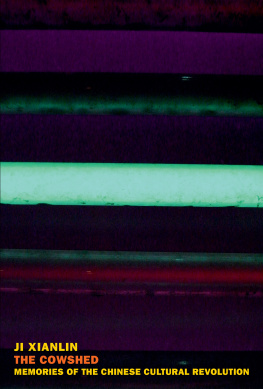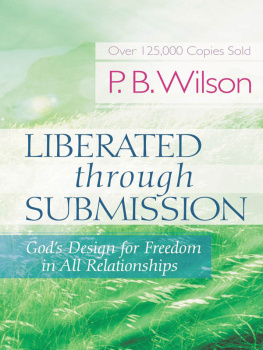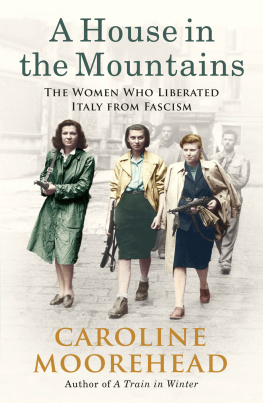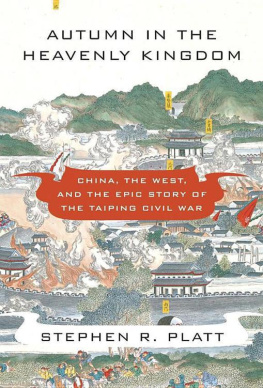The Cowshed
Memories of the Chinese Cultural Revolution
Ji Xianlin
Translated from the Chinese by
Chenxin Jiang
Introduction by
Zha Jianying
NEW YORK REVIEW BOOKS

New York
THIS IS A NEW YORK REVIEW BOOK
PUBLISHED BY THE NEW YORK REVIEW OF BOOKS
435 Hudson Street, New York NY 10014
www.nyrb.com
Copyright 1998 by Ji Xianlin
Translation copyright 2016 by Chenxin Jiang
Introduction copyright 2016 by Zha Jianying
All rights reserved.
This translation was supported by a 2011 PEN Translation Fund grant.
Cover art: Feng Yan, Psychedelic Bamboo 02, 2009; courtesy of the artist.
Cover design: Katy Homans.
Library of Congress Cataloging-in-Publication Data
Ji, Xianlin, author.
[Niu peng za yi. English]
The cowshed : memories of the Chinese Cultural Revolution / by Ji Xianlin ; translated by Chenxin Jiang ; introduction by Zha Jianying.
1 online resource. (New York review books)
ISBN 978-1-59017-927-7 (epub) ISBN 978-1-59017-926-0 (alk. paper)
1. Ji, Xianlin. 2. ScholarsChinaBiography. 3. ChinaHistoryCultural Revolution, 1966-1976Personal narratives. 4. ChinaIntellectual life19491976. I. Jiang, Chenxin, translator. II. Title. III. Title: Memories of the Chinese Cultural Revolution.
CT3990.J48
951.05092dc23
[B]
2015035955
ISBN 978-1-59017-927-7
v1.0
For a complete list of titles published by New York Review Books, visit www.nyrb.com or write to: Catalog Requests, NYRB, 435 Hudson Street, New York, NY 10014.
Contents
Introduction
THIS MEMOIR ABOUT the Cultural Revolution by the late Chinese scholar Ji Xianlin is extraordinary, shocking, and unique. I read it many years ago when it first appeared in Chinese and shuddered at its frank, graphic depiction of the atrocities committed during that dark time. My generation of Chinese came of age during the Cultural Revolution, so the book easily rekindled some of the nightmarish memories from my own childhood in Beijing.
By now, it has been nearly forty years since the Cultural Revolution officially ended, yet in China, considering the magnitude and significance of the event, it has remained a poorly examined, under-documented subject. Official archives are off-limits. Serious books on the period, whether comprehensive histories, in-depth analyses, or detailed personal memoirs, are remarkably few. Hence the publication of The Cowshed: Memories of the Chinese Cultural Revolution, by an official press in Beijing, was something of an anomaly. Coming out in 1998 during a politically relaxed moment, the book probably benefited from the authors eminent status in China. A celebrated Indologist in his eighties, Ji was also a popular essayist and an avowed patriot who enjoyed good relations with the government. With genial, grandfatherly manners, he had become, in his august age, one of those avuncular figures revered by the public and loved by the media. The book has sold well and stayed in print. But authorities also quietly took steps to restrict public discussion of the memoir, as its subject continues to be treated as sensitive. The present English edition, skillfully translated by Chenxin Jiang, is a welcome, valuable addition to the small body of work in this genre. It makes an important contribution to our understanding of that period.
Reading Jis account again, however, has also renewed some of my old questions and frustrations. How much can we really make sense of a bizarre, unwieldy phenomenon like the Great Proletarian Cultural Revolution? Can we truly overcome barriers of limited information, fading historical memory, and persistent ideological biases to have a genuinely meaningful and illuminating conversation about it today? I wonder. The delicate circumstances surrounding Jis memoir in China demonstrate both the entangled complexity of the events and the precarious state of historical testimony.
Like other ordinary Chinese, Ji had no idea what the Cultural Revolution was all about when Mao Zedong launched it in 1966. The son of an impoverished rural family in Shandong, Ji had managed, through diligence and scholarship, to get a solid, cosmopolitan education in republican China. Having spent a decade in Germany studying Sanskrit and other languages, Ji returned with a PhD to teach at Chinas preeminent Peking University where he soon became the chairman of its Eastern Languages Department. Though disliking the corrupt Chiang Kai-shek regime, he stayed away from politics, a field hed never had any interest in. But when the communists came into power in 1949, like most educated Chinese at the time, Ji saw hope for a stronger nation and more just society.
Being a political drifter, however, was no longer an option. Under the rule of the Chinese Communist Party (CCP), mass mobilization and political campaigns became a national way of life and no one was allowed to be a bystander, least of all the intellectuals, a favorite target in Maos periodic thought-reform campaigns.
Feeling guilty about his previous passivity, Ji eagerly reformed himself. He joined the Party in the 1950s and actively participated in the ceaseless campaigns, which had a common trait: conformity and intolerance of dissent. In the 1957 Anti-Rightist Movement, more than half a million intellectuals were denounced and persecuted, even though most of their criticisms were very mild and nearly all were Party loyalists. The fact that Ji was able to stay out of harms way was probably due to two factors: his clean background and his good behavior. Being of poor peasant stock with no ties to the old Kuomintang regime, Ji wasnt easily labeled as a class enemy. He also came across as a rather nave follower of political winds, one who towed the Party line sincerely, never questioned, never stuck his neck out.
In fact, he was doing just that in the first year of the Cultural Revolution. Instigated by the small ultra-leftist clique around Mao, Peking University became the first site of radicalization. The campus was quickly transformed into a chaotic zoo of factional battles, with frantic mobs rushing about attacking professors and school officials labeled as capitalist-roaders-in-power. A bewildered Ji tried his best to keep a low profile by hiding in the crowds. But he had a vulnerable spot: He abhorred a woman cadre named Nie Yuanzi, the leader of the dominant Red Guard faction on campus. Although every faction in China claimed loyalty to Chairman Mao, Nie enjoyed a special status: She penned the very first big-character poster of the Cultural Revolution, attacking certain Peking University officials and received Maos personal endorsement for it. Disgusted by her bullying style, Ji decided, in an uncharacteristically rash moment, to join her opponents faction. This was a fatal mistake. Nies followers took their vengeance immediately: They raided Jis home one night, smashing furniture and digging up, inevitably, some ridiculous evidence that Ji was a hidden counterrevolutionary.
From that moment onward, Jis life became a dizzying descent into hell. The ensuing chapters in the book are the most shocking and painful to read. There are many searing, unforgettable vignettes. Jis meticulous preparations for suicide, which was aborted only at the last moment by a knock on the door. The long, screaming rallies where Ji, already in his late fifties, and other victims were savagely beaten, spat on, and tortured. The betrayal by his former students and colleagues. An excruciating episode in a labor camp: Jis body collapsed under the strain of continuous struggle sessions; his testicles became so swollen he couldnt stand up or close his legs. But the guard forced him to continue his labor, so he crawled around all day moving bricks. When he was finally allowed to visit a nearby military clinic, he had to crawl on a road for two hours to reach it, only to be refused treatment the moment the doctor learned he was a blackguard. He crawled back to the labor camp.












